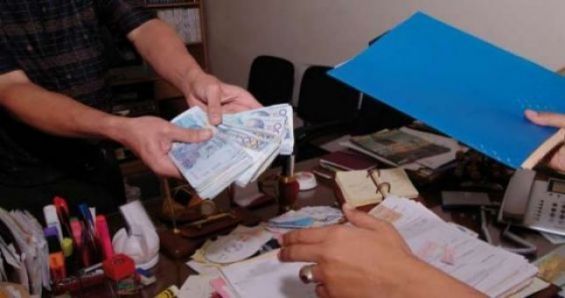While Morocco is celebrating, on January 6, the national Anti-Corruption Day, the National Authority for Integrity, Prevention and the Fight against Corruption published its first «Letter of Probity», to monitor the situation of corruption and its development in Morocco.
To commemorate this day, the anti-corruption body head Mohammed Bachir Rachdi acknowledged that the national reform project encounters «constraints and resistance to change».
«This already difficult context has been worsened by the consequences of the Covid-19 health crisis, coupled with one of the heaviest economic crises that the world has known for a century, with even greater repercussions on the social level», he added.
«This crisis is not likely to improve things», Mohammed Bachir Rachdi regretted, adding that the pandemic is likely to boost «corruption in its known forms and help generate new ones». To him, «Morocco is now more than ever faced with great challenges» and «must make major changes to ensure accelerated structural reforms to make «transparency and responsible governance an essential basis for being able to meet the legitimate needs and expectations of citizens».
New forms of corruption generated by the pandemic
Mohammed Bachir Rachdi recalled that the body «has launched several priority projects, to strengthen intervention capacities». The goal is to «be able to contribute significantly to mobilization, prevention and fight against corruption in our country».
«A strategic approach is required in a world where corrupt practices are constantly developing, and are characterized by growing complexity, accentuated by a digital revolution that brings both opportunities and risks, and favored by the evolution of transaction methods and financial flows».
The note recognizes that «despite the undeniable efforts made, Morocco continues to record mixed results marked by ups and downs in most international rankings», noting that «the conclusions of several national and international reports highlight the persistence of the endemic nature of corruption in Morocco».
This first «Letter of Probity» comes at a time when the body, in partnership with the administration reform department, intends to launch at the beginning of the year a study financed by the United Nations Development Program (UNDP ), on the evolution of corruption during the health crisis.
The study will help identify the new forms of corruption generated by the health crisis, as well as their magnitudes and impacts on citizens, businesses and the economy more generally.





 chargement...
chargement...













